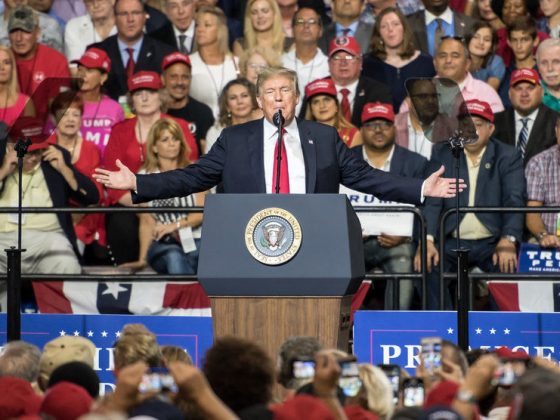As the global economy moves into 2025, the optimism of a post-pandemic recovery is fading.
While 2024 saw central banks easing interest rates and stock markets reaching record highs in the US and Europe, significant challenges loom large.
A burgeoning cost-of-living crisis, geopolitical tensions, and climate-related financial strain threaten to derail progress and complicate policymaking in the year ahead.
Economic uncertainty grows
Despite winning the inflation battle in 2024 without triggering a global recession, governments are now grappling with its aftermath.
The World Bank reports that the world’s poorest nations are in their worst economic state in two decades, exacerbated by missed opportunities during the post-pandemic recovery.
For wealthier nations, economic anxieties persist as trade dynamics shift under the threat of protectionist policies.
The re-election of Donald Trump in the United States could escalate tensions, with proposed import tariffs risking a global trade war.
These measures, designed to bolster domestic industries, may instead heighten inflationary pressures and hinder economic growth.
Unemployment rates—currently near historic lows—could rise as a result of disrupted supply chains and diminished international cooperation.
Geopolitical and climate crises fuel instability
The ongoing conflicts in Ukraine and the Middle East are worsening geopolitical uncertainty.
Europe faces its own challenges, with political stalemates in Germany and France undermining economic confidence.
These hurdles coincide with doubts about China’s economic resilience, as its growth slows and debt levels rise.
Climate change is another escalating concern. The financial toll of climate-related disasters is mounting, with nations worldwide struggling to fund mitigation and recovery efforts.
For developing economies already hampered by economic stagnation, climate damage compounds existing vulnerabilities.
Wealthier countries, too, are feeling the strain, with increased demand for infrastructure spending and insurance costs.
The cost-of-living crisis tests political leadership
The economic landscape has significant political implications. In 2024, voters punished incumbents globally—from the United States to South Africa—over the persistent cost-of-living crisis.
This trend reflects public frustration with wage stagnation and rising prices for essential goods and services.
Heading into 2025, governments must navigate these pressures while balancing fiscal responsibility and political survival.
For many households, economic conditions remain challenging.
Rising energy prices, driven in part by geopolitical instability, have further strained budgets.
The cumulative impact of these factors risks undermining consumer confidence and delaying recovery in key sectors.
Why 2025 matters
The stakes for 2025 are high. Without strategic intervention, the combination of economic headwinds, trade protectionism, and climate challenges could deepen global inequalities.
Wealthy nations must avoid isolating themselves through restrictive policies that harm global trade and investment flows.
Developing countries, meanwhile, need greater access to funding and trade opportunities to escape their current economic stagnation.
The global economy’s resilience depends on collaboration and adaptability.
Policymakers must prioritise sustainable growth, equitable trade agreements, and investment in green technologies.
The year ahead may prove pivotal in determining whether the global recovery gains momentum or stalls under the weight of its challenges.
The post Why global conflicts and politics threaten economic recovery in 2025 appeared first on Invezz


